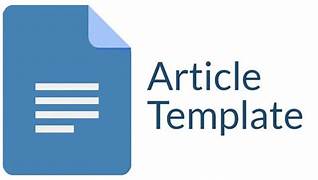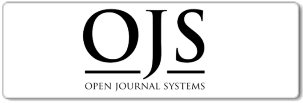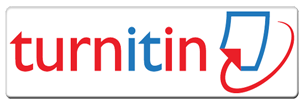THE INFLUENCE OF PERCEPTIONS ABOUT ACCOUNTING, ACCOUNTING KNOWLEDGE AND IMPLEMENTATION OF EMKM SAK ON THE USE OF ACCOUNTING INFORMATION IN FOOD & BEVERAGE MSMEs IN SIDOARJO DISTRICT
DOI:
https://doi.org/10.51804/iej.v6i2.16582Abstract
Research was carried out to find out whether the Financial Accounting Standards for Micro, Small and Medium Entities (SAK EMKM) if implemented by micro, small and medium entities in Indonesia in preparing financial reports could have a positive impact. By examining the influence of accounting perceptions, accounting knowledge, and implementation of SAK EMKM on the use of accounting information by MSME business actors. MSMEs have an important role in the Indonesian economy, but many of them still do not utilize accounting information optimally. Based on these reasons This research was conducted to find out how the use of SAK EMKM can help MSMEs utilize accounting information more optimally. In research that has been carried out using mQuantitative method with a Likert scale questionnaire as the main instrument for collecting data from 100 MSMEs in Indonesia. The sample was selected using a purposive sampling technique. The results of multiple linear regression analysis using the SPSS version 25 program show that the views, understanding and implementation practices of SAK EMKM have a positive and significant influence on the use of accounting information by MSME actors. Conclusions from research that has been carried out that the use of SAK EMKM can help MSMEs utilize accounting information more optimally. Therefore, MSMEs should consider policies that place more emphasis on the views, understanding and practices of SAK EMKM to increase the use of accounting information in their strategies. This is very important to strengthen financial performance, encourage business growth, and make more value for MSMEs for competitiveness in the future. Study Also expected Can give contribution knowledge for developing accounting systems for MSMEs in Indonesia.Downloads
Published
How to Cite
Issue
Section
License

This work is licensed under a Creative Commons Attribution-NonCommercial-ShareAlike 4.0 International License.
This work is licensed under the Creative Commons Attribution-ShareAlike 4.0 International License.
You are free to:
- Share — copy and redistribute the material in any medium or format for any purpose, even commercial purposes.
- Adaptation — mixing, changing, and developing materials for any purpose, even commercial ones.
Under the following terms:
- Attribution — You must give appropriate credit , provide a link to the license, and indicate if changes were made . You may do so in any reasonable manner, but not in any way that suggests the licensor endorses you or your use.
- ShareAlike — If you remix, transform, or build upon the material, you must distribute your contributions under the same license as the original.
- No additional restrictions — You may not apply legal terms or technological measures that legally restrict others from doing anything the license permits.








